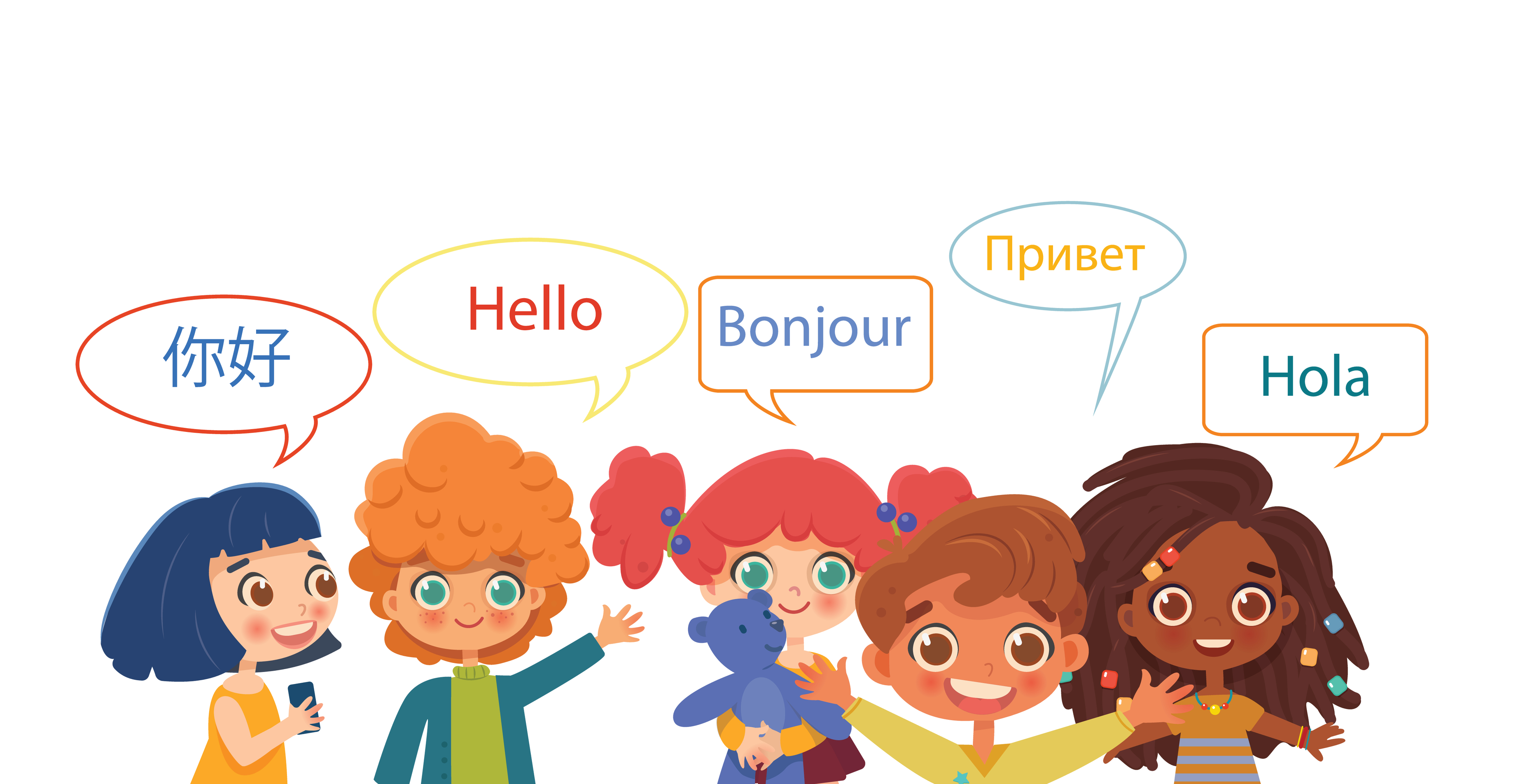
Text analysis is a powerful tool that can significantly enhance your child’s literacy skills by encouraging deeper engagement with reading material. Through the process of breaking down texts, children learn to identify key themes, understand complex vocabulary, and analyze sentence structures, which improves both reading comprehension and writing abilities. This active engagement with texts fosters critical thinking and helps children develop a more nuanced understanding of language, ultimately building their confidence in interpreting and expressing ideas. Additionally, text analysis promotes attention to detail and encourages children to think critically about what they read, laying a strong foundation for academic success and a lifelong love of learning.
Cultivating Emotional Intelligence Through Text Analysis

Text analysis isn’t just about understanding the structure and content of a text; it also plays a significant role in developing emotional intelligence. When children analyze characters, their motivations, and emotional journeys in stories, they begin to understand complex emotions and human behaviors. This understanding helps children develop empathy and the ability to relate to others’ feelings and perspectives.
For example, when a child reads a story about a character facing a difficult challenge, analyzing the character’s emotions and decisions can help the child understand similar real-life situations. This practice encourages them to think about how they would feel or act in similar circumstances, thus enhancing their emotional intelligence. As children become more skilled at recognizing and interpreting emotions in texts, they also become better at managing their own emotions and responding to others in empathetic ways.
Improving Attention to Detail and Focus
Text analysis requires children to pay close attention to the details within a text. This level of focus is essential for identifying subtle cues, themes, and hidden meanings that might not be immediately apparent. By practicing text analysis, children learn to read more carefully and attentively, which improves their overall focus and attention to detail in all areas of learning.

For instance, when analyzing a piece of literature, children might be tasked with identifying recurring symbols or motifs. This exercise teaches them to look beyond the obvious and notice the finer details that contribute to the deeper meaning of the text. This skill is transferable to other areas of study, such as math and science, where attention to detail is crucial for solving problems and conducting experiments.
Encouraging Lifelong Learning and Curiosity

Text analysis can ignite a passion for lifelong learning in children. As they explore different texts, genres, and topics, they are exposed to new ideas, cultures, and viewpoints that broaden their horizons. This exposure often sparks curiosity and a desire to learn more, whether it’s about a particular subject, a historical period, or a philosophical idea.
For example, a child analyzing a historical novel might develop an interest in the era in which the story is set, leading them to seek out additional books, documentaries, or articles on the topic. This self-driven exploration not only enhances their knowledge but also encourages a lifelong love of learning. Moreover, as children become more confident in their ability to analyze and understand texts, they are more likely to take on challenging reading material, further fueling their intellectual growth.
Enhancing Memory and Retention
Text analysis also aids in memory and retention. When children actively engage with a text by analyzing its content, structure, and meaning, they are more likely to remember what they have read. This is because the process of analysis involves deeper cognitive processing, which strengthens memory connections and helps store information more effectively.
For instance, when a child breaks down a story into its key components—such as the main idea, supporting details, and plot structure—they are reinforcing their understanding of the material. This reinforced understanding helps them retain the information for longer periods, which is particularly beneficial for academic success, where remembering key concepts and details is essential for exams and assignments.
Supporting Language Development in Multilingual Children

For children who are learning multiple languages, text analysis can be especially beneficial. Analyzing texts in different languages helps children understand the nuances of each language, such as grammar, syntax, and idiomatic expressions. This practice not only improves their proficiency in multiple languages but also enhances their overall cognitive abilities, including problem-solving and multitasking.
For example, a bilingual child analyzing a story in both their native language and a second language can compare and contrast how certain ideas or emotions are expressed differently in each language. This comparison deepens their understanding of both languages and helps them become more skilled at switching between languages as needed. Additionally, it promotes cross-cultural understanding and appreciation, which is valuable in our increasingly globalized world.
Recommended Reading: Books About Community Helpers for Kids – Storytime Adventures
Leveraging Text Analysis for Test Preparation
Text analysis is a crucial skill for standardized test preparation. Tests like the SAT, ACT, and other academic assessments often include sections that require students to analyze passages, identify main ideas, infer meanings, and evaluate arguments. By practicing text analysis regularly, children can improve their ability to tackle these types of questions with confidence.
For instance, a child who is familiar with analyzing persuasive essays will find it easier to identify an author’s main argument and supporting evidence on a test. Similarly, children who practice analyzing literary texts will be better prepared to answer questions about theme, tone, and character development. This preparation not only boosts test scores but also reduces test-related anxiety by making students more comfortable with the material they encounter.
Utilizing Digital Tools and Resources for Enhanced Text Analysis
Incorporating digital tools into text analysis can make the process more engaging and effective for children. Many educational apps and online platforms offer interactive text analysis features, such as annotation tools, discussion forums, and multimedia resources that enrich the reading experience.
For example, apps like ReadTheory or NoRedInk allow children to practice reading comprehension and text analysis in a game-like environment, providing instant feedback and progress tracking. Digital annotation tools like Hypothesis or Diigo enable children to highlight and comment on texts, making it easier to organize their thoughts and collaborate with peers. These tools not only make text analysis more accessible but also cater to different learning styles, ensuring that all children can benefit from this important skill.
Fostering Collaboration and Discussion Through Text Analysis
Text analysis can also be a collaborative activity that fosters discussion and peer learning. When children analyze texts together, they have the opportunity to share their interpretations, challenge each other’s ideas, and build on one another’s insights. This collaborative approach not only deepens their understanding of the text but also develops their communication and teamwork skills.
For instance, in a classroom setting, students might work in small groups to analyze a piece of literature, each bringing their unique perspective to the discussion. This collaborative analysis helps students see the text from different angles and enhances their ability to articulate their thoughts clearly and persuasively. Additionally, discussing different interpretations of a text encourages open-mindedness and respect for diverse viewpoints, which are important social skills.
Recommended Reading: 10 Best Reading Programs For Kids
Conclusion
Text analysis is a multifaceted tool that can significantly improve your child’s literacy skills. From developing critical thinking and emotional intelligence to enhancing memory, language proficiency, and academic performance, the benefits of text analysis are extensive. By incorporating text analysis into your child’s reading routine, you are equipping them with the skills needed for success in today’s complex, information-rich world. Whether through traditional methods, digital tools, or collaborative activities, encouraging your child to engage in text analysis will help them become more confident, articulate, and thoughtful readers and learners.
Looking for a comprehensive parenting guide to ensure you are on the right track? Explore a wealth of parenting wisdom and educational insights in Moonpreneur’s blogs. Additionally, you can join our programs that nurture the next generation of innovators. Book a free trial now!


























I like the focus on digital tools, as they make learning more engaging. It would be great to include how different age groups respond to text analysis, as adapting strategies to a child’s development can improve understanding.
I would suggest to add, Tailoring strategies – which is based on a child’s developmental stage can maximize engagement and understanding.
As a parent, I’ve tried using text analysis when we read together, but my child often feels confused instead of excited. Even though looking closely at texts sounds good, it might not work for every child. It could be better to use simpler ways or go slowly for kids who find this tough.